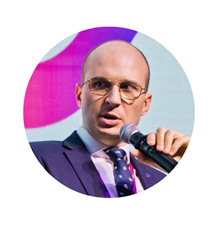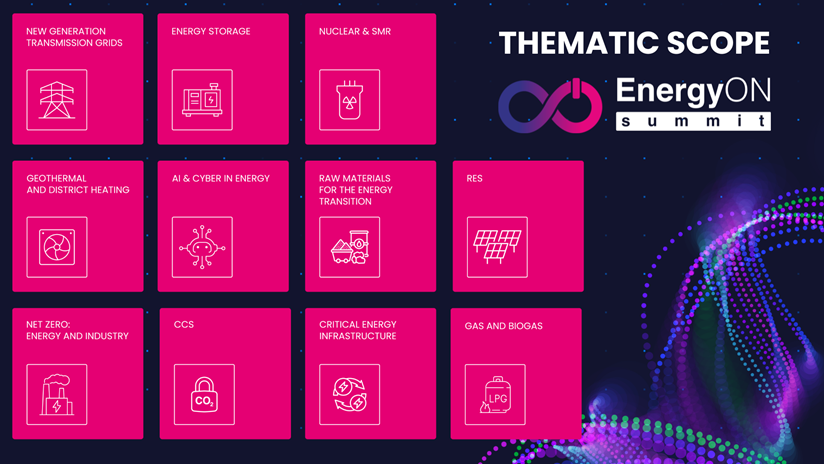About EnergyON Summit
EnergyON Summit is a conference and exhibition event dedicated to key directions in energy transition and industrial decarbonization. EnergyON Summit is also a meeting place for industry leaders, decision-makers, experts, and suppliers of innovative solutions for the energy sector of the future.
The EnergyON Summit is one of the most important and largest business events dedicated to energy transition and industrial decarbonization in Central and Eastern Europe. It attracts the attention of industry representatives, experts, market leaders, decision-makers, and innovators. Previous editions (H2POLAND and NetZero Energy) have gained a reputation as an effective tool for supporting dialogue between the energy sector, industry, the scientific community, and government.
The 2025 edition of the event brought together an impressive number of over 150 speakers who appeared on 6 stages as part of over 90 discussion panels, power speeches, and workshops. The exhibition was organized on 3 exhibition levels, where over 150 exhibitors from 11 countries presented their offerings.
The conference program covers key areas of energy transformation. It will include the modernization and digitization of transmission networks, the development of nuclear energy—including SMR—and its synergy with renewable energy sources, energy storage technologies, the role of gas and biomethane, low-emission heating, strategies for achieving Net Zero using CCS/CCU, the availability and recycling of strategic raw materials, as well as the application of AI and cybersecurity and the protection of critical infrastructure.
EnergyON Summit is not just a conference – it is a space where real solutions for the future of energy and industry are born.
Join the leaders of the green transition and help us create the largest decarbonization industry event in the CEE region.
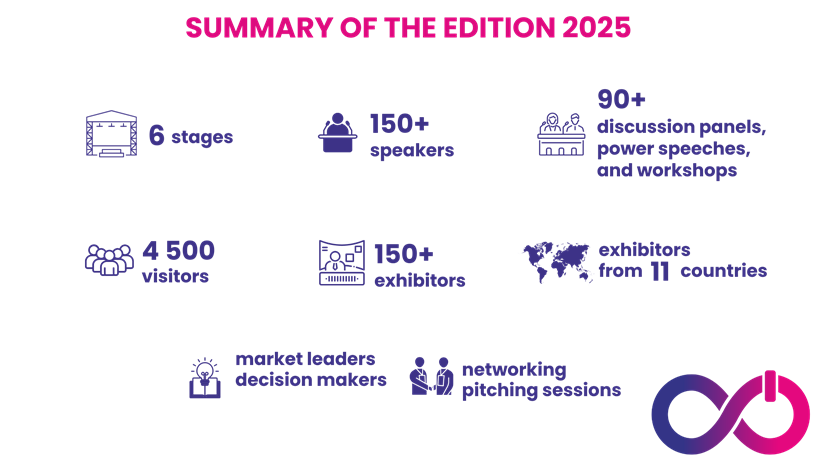
Miłosz Motyka, Minister of Energy
The transition must be fair, region-specific, and based on facts, not ideology. It must be people-centered—but let's not forget about health and nature. These are not political slogans—they are actions based on evidence, knowledge, and science. I am convinced that the transition will be based on an open and profitable economy. It will simply pay off for Poland, local governments, and Europe.
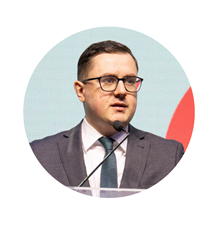
Natalia Weremczuk, Deputy Mayor of Poznań
In Poznań, we know that energy transition is a necessity and an expression of modernity. It is technological change and the way we view energy transition that make us a “smart” city. In Poznań, we are taking concrete action — we already committed to renewable energy sources in 2016, and we obtain heat from waste at our incineration plant. Volkswagen recovers energy, supplying 6,000 apartments. We are planning to recover heat from sewage — Aquanet has a big challenge ahead of it. We also want to use geothermal sources — drilling is underway to reveal the potential beneath Poznań. All this is happening thanks to synergy — local government decisions, scientific knowledge, and entrepreneurial energy.

Jacek Bogusławski, Member of the Wielkopolska Province Board
Risk management is crucial in the economy. Although there are many challenges, the strategy of the EU, Poland, and the regions clearly points to hydrogen as an element of the future. Thanks to public support, it is possible to develop innovative projects. Economic transformation must increase competitiveness and reduce pressure on the climate. It cannot take place at the expense of the social groups most vulnerable to the effects of change.

Robert Gajda, Deputy President of the Management Board of the National Fund for Environmental Protection and Water Management
Energy transition is not just a slogan – it involves specific actions, investments, and money. And a lot of money is needed. The National Fund for Environmental Protection and Water Management is currently conducting over 50 calls for proposals. For this year, the NFOŚiGW has planned expenditures of over PLN 20 billion – for renewable energy, energy storage, electromobility, thermal modernization, and water and wastewater management.
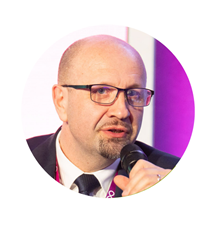
Grzegorz Jóźwiak, President of the Management Board of LOTOS Green H2 Sp. z o.o. and Director of the Hydrogen and Synthetic Fuels Technology Office at ORLEN S.A.
ORLEN uses approximately half a million tons of hydrogen annually, mainly gray hydrogen produced from natural gas and oil residues. By 2035, the company plans to replace 350,000 tons with low-emission hydrogen. Both domestic sources and imports are being considered. The company is not limiting itself to a single technology. Electrolysis from renewable energy sources, waste-to-hydrogen, and the use of hydrogen produced with nuclear energy – all of this is part of the strategy. The important thing is that the effect is the same: fewer emissions.
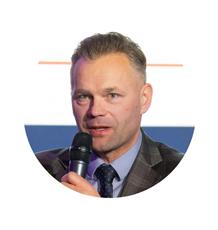
dr hab. Krzysztof Zamasz, Commercial Director and Vice President of the Management Board at Veolia
The energy transition in Poland is taking various forms, with geothermal energy increasingly emerging as a viable, clean, and local alternative to fossil fuels. The Poznań geothermal project could become a model for other cities in Poland. It shows that clean energy does not have to be a distant dream, but a viable and local alternative to fossil fuels. Geothermal energy, in combination with other sources, can play a key role in the green transformation of the Polish energy sector.
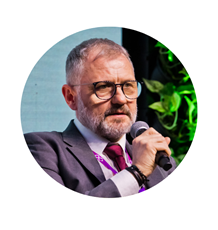
prof. dr hab. inż. Jakub Kupecki, Director of the National Center for Nuclear Research
The energy transition in Poland is a complex, long-term, and costly process. But it is also inevitable. At the heart of this process are institutions that not only understand its dynamics but are also able to give it direction—research institutes. Research institutes such as the National Center for Nuclear Research or the Institute of Power Engineering – National Research Institute act as a link between engineers, administration, and industry. They know the needs of the market, understand regulatory and technological conditions, and at the same time have unique knowledge and experience. Thanks to this, they can not only provide innovative solutions, but also assess their long-term viability.
